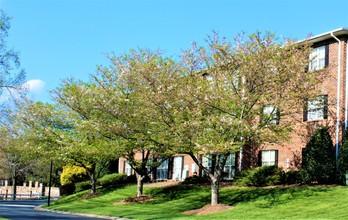Is DST A Good Investment?
 1031 DST Exchange Properties
1031 DST Exchange PropertiesAlthough DSTs are typically considered securities under federal securities laws, they are treated as direct ownership of real estate under Section 1031 of the IRS tax code. Thus DST investments are eligible for 1031 exchanges both when you initially invest and when the DST liquidates.
The real estate sponsor firm obtains properties under the DST and then sells shares of the DST to investors. Investors then roll their 1031 exchange capital into the DST to acquire a beneficial interest. Investors are able to easily access these institutional quality properties with professional management by pooling their funds together.
Advantages of a 1031 DST:
Tax Deferral and the elimination of complex
property management responsibilities.
A DST also increases diversification by the
number of properties, geography, and types of property.
The investor also gets the freedom to
diversify and include real estate like NNN retail, multi-family apartments,
assisted living facilities self-storage, and more.
If an investor passes away in the event of
owning an interest in a DST, their heirs get an immediate capital gain, and it
eliminates the taxes due on the initial gain forever.
In a nutshell, a Delaware Statutory Trust
(DST) is a legally recognized trust for carrying out business and can be used
as a conduit for replacement property for accredited investors during a 1031
exchange.
DST 1031 exchange has multiple financing ratios
to satisfy the investor's exchange requirements of taking greater or equal
debts as defined by the Internal Revenue Code (IRC) section 1031.
However, some 1031 DST exchange properties offer all-cash, debt-free in order
to decrease the risk of using financing when buying properties. The financing
used on 1031 DST Exchange is typically non-resource to the investor.
Non-recourse financing generally is as financing whereby the lender's only
solution in the case of a default is the subject property itself. The lender is
not able to proceed with the investor's assets beyond the subject property. So,
investors could lose their entire principal amount invested in the property in
the case of a primary tenant bankruptcy, market-wise recession or depression,
but their other assets would understand What a 1031 exchange DST is?
Post Your Ad Here
Comments